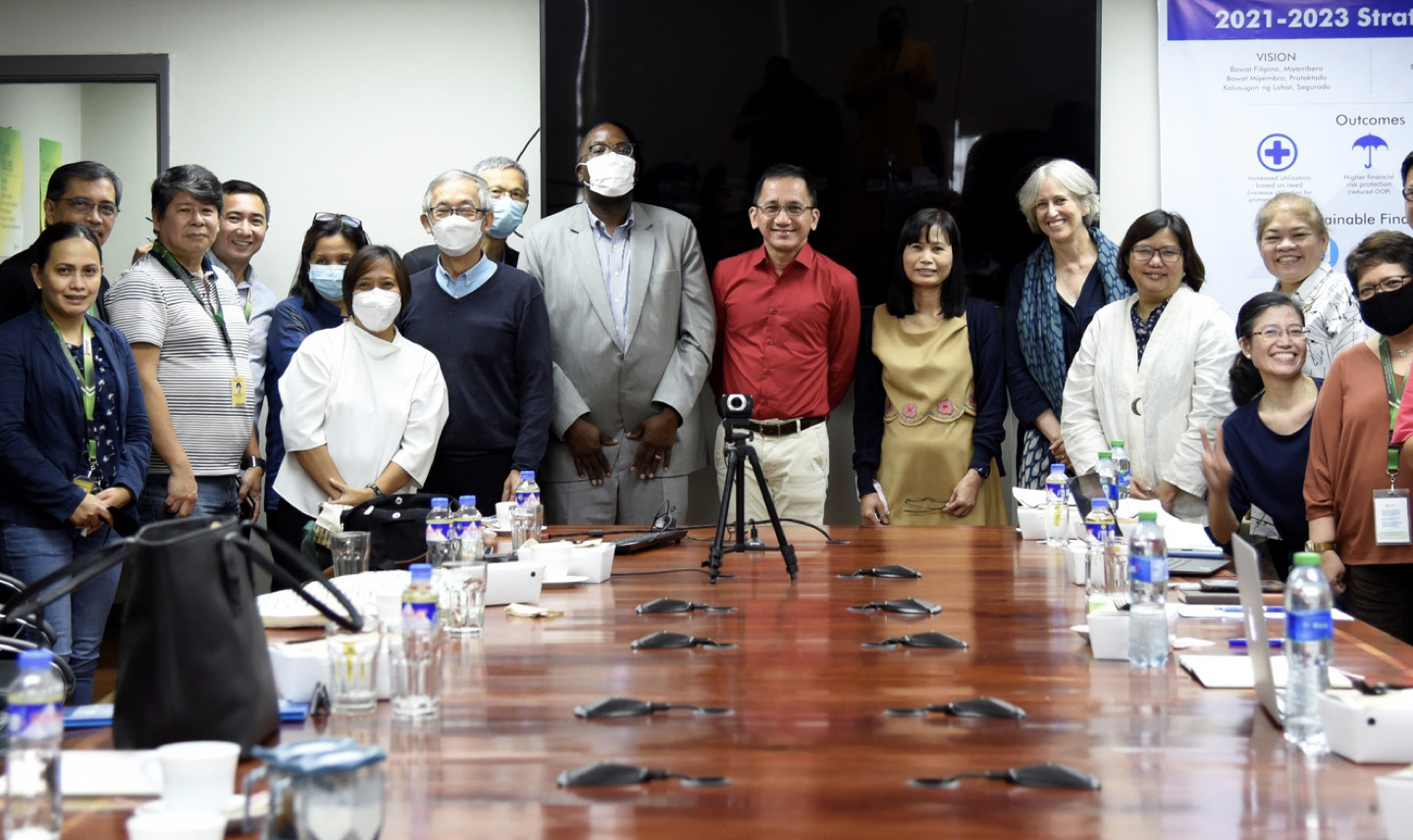Philippines shifts healthcare payments, raising concerns about affordability & access due to delays, denials & reduced coverage. This commentary urges reevaluation and audit reform to prioritize public health goals.
The Philippines switched its health insurance system from fixed payments per case (case-based payment) to a capped fee-for-service system. This aimed to save the government money, but a rapid review suggests it has had negative consequences:
- Delayed payments and reduced coverage: Processing claims under the new system is slower and more complex, leading to delays in payments to hospitals. Additionally, some claims are being denied or reimbursed at lower rates, reducing the portion covered by insurance.
- Higher costs for patients: With reduced insurance coverage, patients are left to pay more out of pocket for healthcare, especially those who rely on public hospitals. This is a burden for low-income populations.
- Weakened bargaining power: The new system reduces the government’s leverage in negotiating prices with healthcare providers. This could lead to higher overall healthcare costs in the long run.
The study recommends a return to the case-based payment system with a review of current rates to ensure adequate coverage. It also calls for better alignment between financial audits and health insurance goals. Audits should focus on the effectiveness of PhilHealth’s purchasing strategies, not just individual claims processing.
The recent move to repeal the capped fee-for-service system is a positive step, but clear communication between PhilHealth and regulators is needed to prevent similar missteps in the future.

